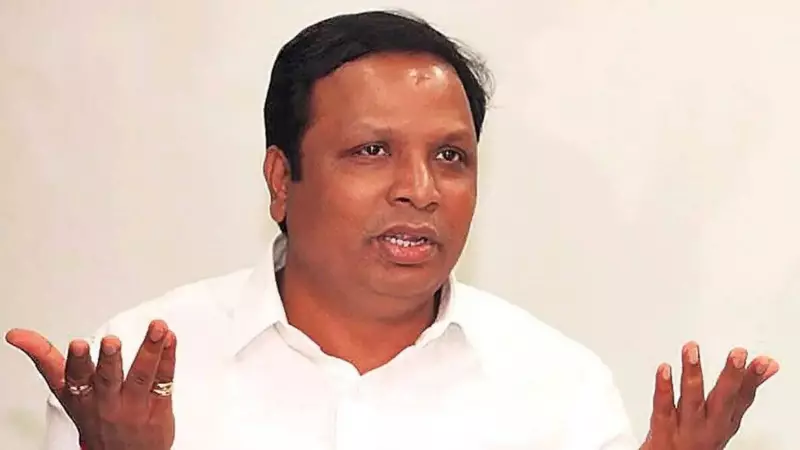
In a significant political development, Bharatiya Janata Party leader Ashish Shelar has launched a sharp criticism against Maharashtra Navnirman Sena chief Raj Thackeray, accusing him of conducting a carefully calculated voter outreach strategy that specifically targets Marathi Hindu communities while completely bypassing Muslim voters.
The controversy centers around Thackeray's ongoing campaign against alleged double voting in Mumbai, where Shelar claims the MNS leader is being deliberately selective in his approach. According to Shelar's allegations, Thackeray has been visiting predominantly Marathi Hindu neighborhoods and housing societies while conspicuously avoiding areas with significant Muslim populations.
Strategic Voter Targeting or Political Exclusion?
Shelar's accusations suggest that Thackeray's campaign is less about addressing electoral integrity concerns and more about consolidating a specific voter base ahead of crucial elections. The BJP leader questioned why Thackeray, who has been vocal about double voting issues, hasn't extended his campaign to Muslim-majority areas if his intentions were genuinely about fair elections.
'This selective approach reveals the true political agenda behind the double voting campaign,' Shelar stated, emphasizing that genuine electoral reform efforts should encompass all communities equally.
The Double Voting Controversy Intensifies
The double voting issue has become a significant talking point in Mumbai's political circles, with Thackeray positioning himself as a crusader against electoral malpractice. However, Shelar's recent comments have added a new dimension to the controversy, suggesting communal considerations might be influencing the campaign's direction.
Political analysts note that this development highlights the complex dynamics of Mumbai's electoral landscape, where community-specific campaigning often becomes a strategic tool for political parties. The allegations also underscore the ongoing tension between different political factions in Maharashtra as they position themselves for upcoming electoral battles.
Broader Implications for Maharashtra Politics
This exchange between two prominent political figures signals potential shifts in political alignments and campaign strategies in the state. The focus on community-specific voter targeting raises questions about how political parties approach different demographic groups during election seasons.
As the controversy continues to unfold, all eyes remain on how Thackeray and his party will respond to these allegations and whether their campaign strategy will evolve to include a more inclusive approach to addressing electoral concerns across all communities in Mumbai.




